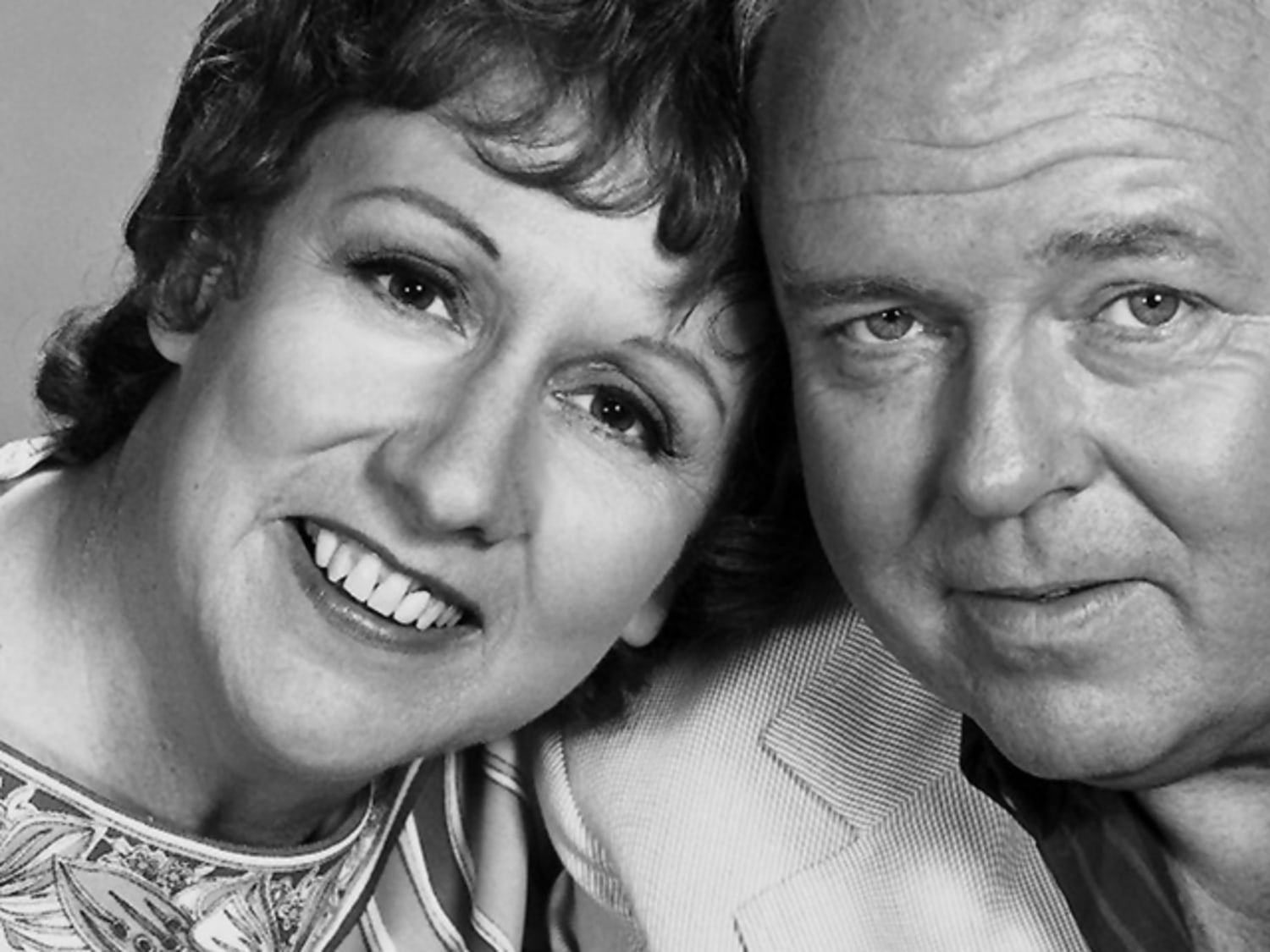
All in the Family is not just another sitcom from the 1970s; it is a revolutionary show that forever altered the television landscape. Premiering in 1971, it wasn’t just about family dynamics or comedic situations—it was about addressing societal issues with unflinching honesty, no matter how uncomfortable. This show dared to tackle racism, sexism, class struggles, and politics in ways that no show before it had ever done. And through its audacity, All in the Family became a beacon for future TV shows and remains influential to this day.
The show’s main character, Archie Bunker, played by Carroll O’Connor, was unlike any television protagonist that came before him. Archie was a bigoted, narrow-minded, and often downright offensive man. Yet, he wasn’t just a villain or a joke—he was the protagonist of the show. He was every bit a product of his time, embodying the racist and conservative attitudes of the working class in the 1970s. This was groundbreaking because, rather than simply portraying a character like Archie as the butt of the joke, the show invited viewers to laugh at his ignorance while also critically examining it.
Tackling Taboo Topics
One of the most radical aspects of All in the Family was its willingness to address sensitive subjects. The show didn’t shy away from racism, misogyny, or even issues like homosexuality and drug use, which were rarely discussed on television at the time. The show presented these topics in a way that was both shocking and humorous, forcing audiences to confront these realities head-on.
For instance, in one episode, Archie struggles with his daughter Gloria’s decision to marry Mike Stivic, a liberal college student. Archie’s deep-seated racism and conservative values are challenged by Mike’s more progressive views. This juxtaposition of conservative and liberal ideologies became a recurring theme throughout the series, highlighting the cultural and generational divide that defined the era. The show wasn’t just making fun of Archie’s outdated views—it was showing how those views were in conflict with a changing society.
The Legacy of All in the Family
The impact of All in the Family cannot be overstated. It set a new precedent for television by blending comedy with social commentary. It paved the way for shows like Maude, The Jeffersons, and even later programs like Family Guy and The Simpsons. These shows followed in its footsteps by pushing boundaries and addressing controversial subjects. In many ways, All in the Family opened the door for more progressive and socially conscious programming in television.
In addition to its cultural impact, All in the Family was also a critical and commercial success. It ran for nine seasons, won numerous awards, and became one of the most-watched sitcoms of its time. The chemistry between the characters—Archie, his wife Edith, and their children Gloria and Mike—was unmatched. While the show made us laugh, it also made us think about our own biases, prejudices, and the social structures that divide us.
A Timeless Classic
More than fifty years after it first aired, All in the Family remains just as relevant. In fact, watching the show today feels eerily prescient, as many of the societal issues it addressed are still with us. While Archie Bunker’s outdated views may seem extreme or even offensive, they reflect the prejudices that still exist in today’s world. The show was ahead of its time in highlighting these issues and showing them for what they were—flawed, outdated, and in need of change.
As we continue to grapple with racial and gender inequality, political polarization, and cultural divides, All in the Family serves as a reminder of how far we’ve come—and how much further we have to go. Its unapologetic honesty and fearless approach to tough topics make it an enduring classic, and its impact on television will never be forgotten.
